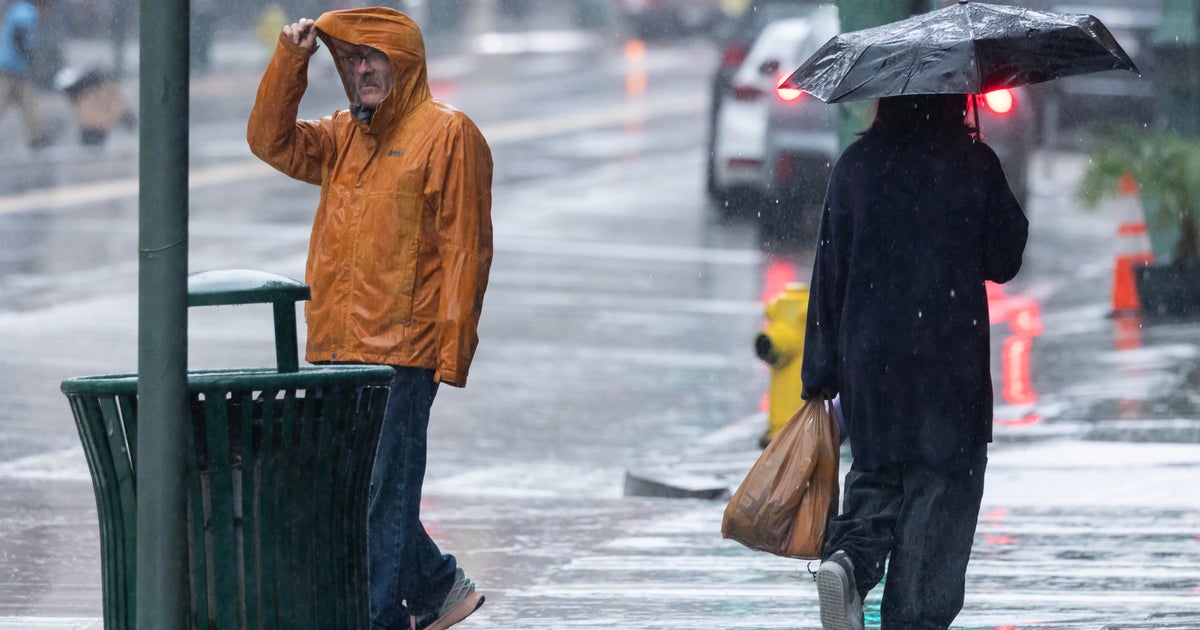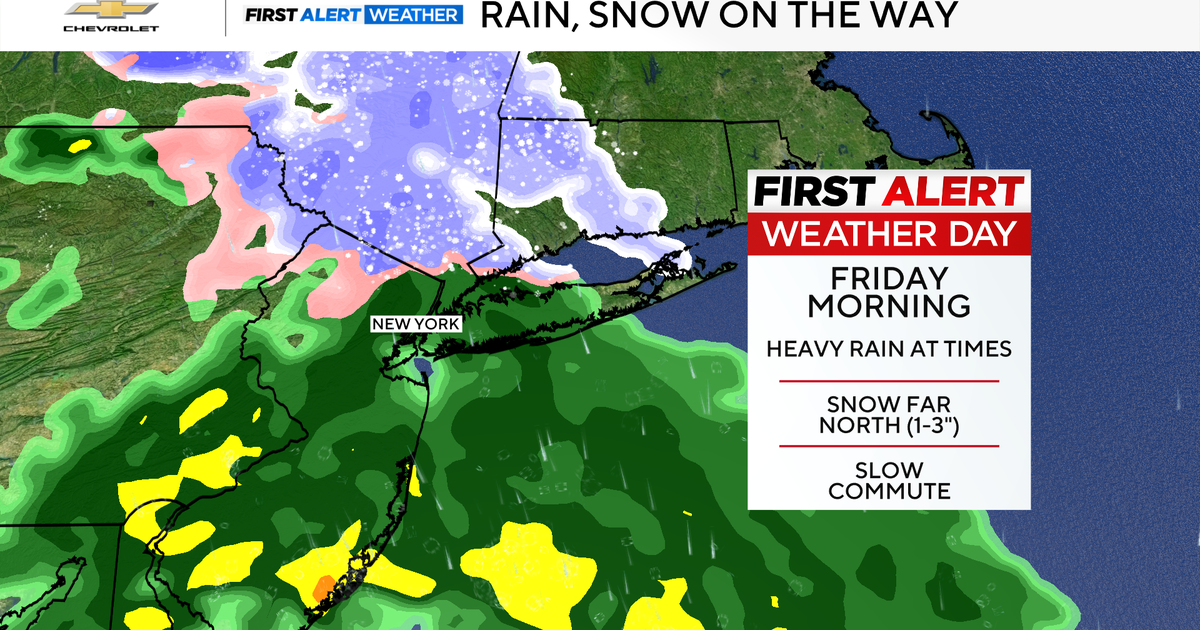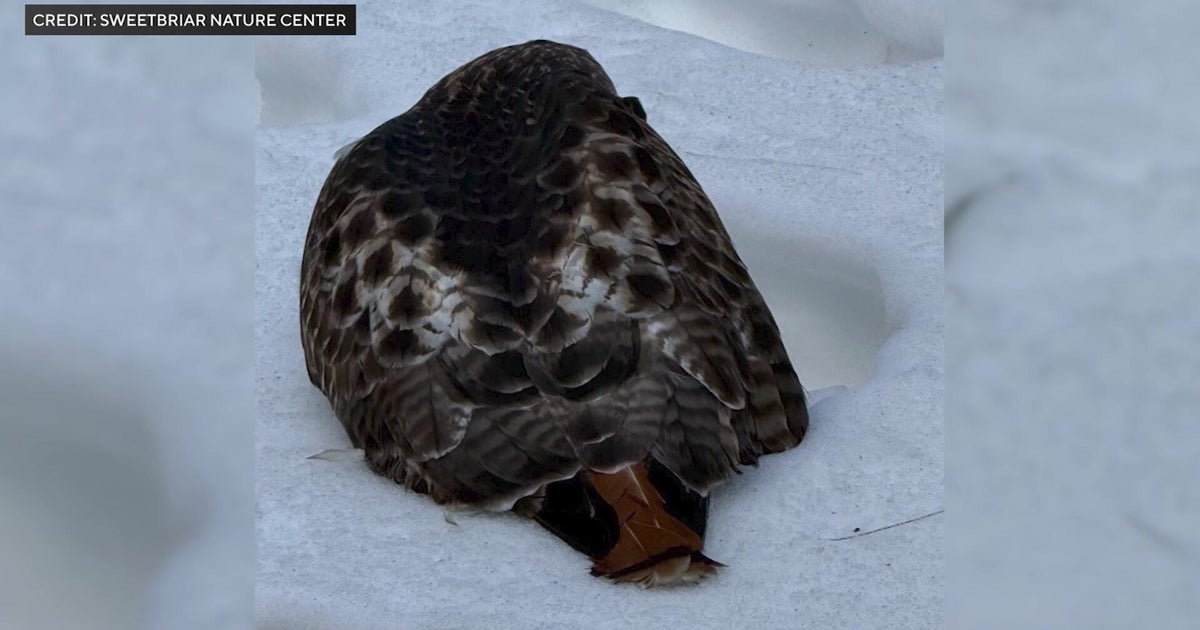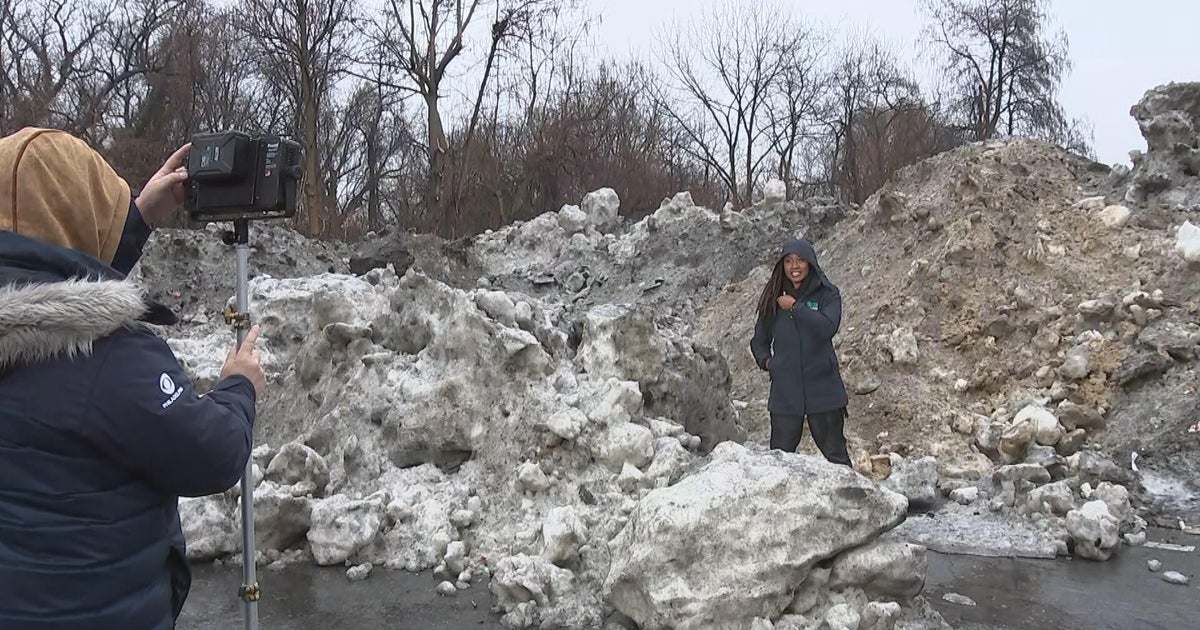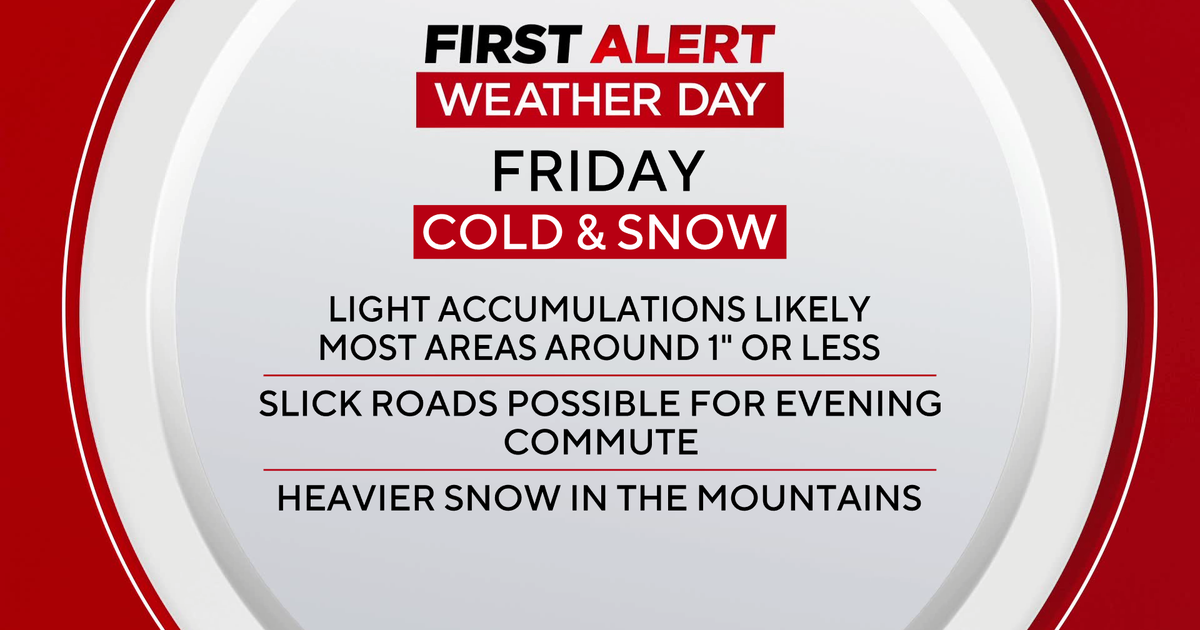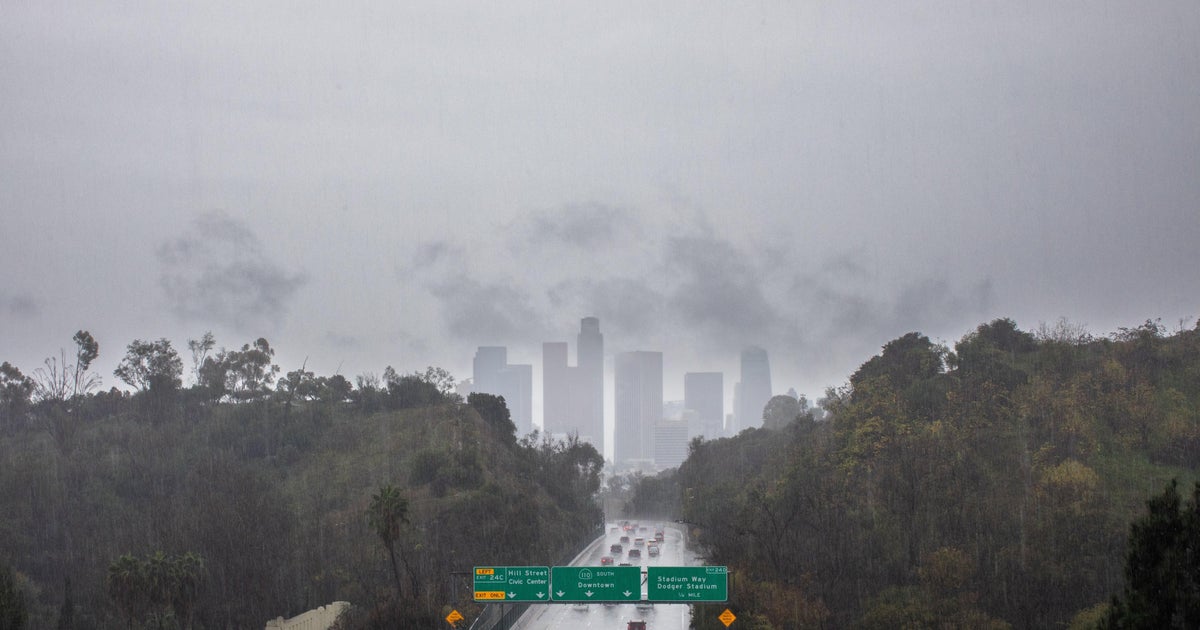Climate change may be hurting winter more than any other season in New England
By Terry Eliasen, Meteorologist, WBZ-TV Exec. Weather Producer
BOSTON - Not to overstate the obvious, but it hasn't been much of a winter in New England.
Bikes have been more useful than sleds, sidewalk chalk over sidewalk salt.
Is this winter just a one-off or is this yet another sign of climate change?
Looking at the last 50 years or so, there is a clear upward trend (about 3 degrees) in average winter temperatures in Boston and the surrounding area. While three degrees may not sound like much, it can be the difference between snow versus rain or it could ultimately mean the survival or extinction of certain native species to New England.
We spoke with Toni Lyn Morelli, a research ecologist with the USGS Northeast Climate Adaptation Science Center and she says while this winter may seem extreme, we will likely be seeing more and more bare ground in the winters to come.
When you have bare ground (without snow cover) and get extreme cold temperatures like we had back in early February, that puts a lot of stress on the plants and trees. It also can be devastating for the insects and small mammals that are hibernating and trying to make it to spring.
Morelli said coyotes, bobcats, different species of ticks, and southern flying squirrels are all examples of animals spreading north. While spruce trees are finding it too mild, invasive plants like Asian bittersweet and even kudzu, a tree killing vine in the south, are coming our way.
The changing winters in New England are also having a major impact on the winter enthusiasts and businesses that depend on the cold and snow this time of year.
Jim Richard is the media director for the Knox Trail Riders, who have been snowmobiling over the hills and fields of western New England since 1971. These people live for winter, but 2023 has not impressed.
In fact, many of their trails remain closed. Richard said he has had to travel up to northern Maine to find good snowmobiling conditions. While he said their armada of sled riders sees it as a cycle of good and bad years, this particular one has been a full-scale retreat
But even up north, it's largely been up to the ski guns to keep pace.
Jessyca Keeler, President of Ski NH, says what has been most apparent is not necessarily a lack of seasonal snowfall, but its erratic nature.
They are seeing less frequent snowfall events up north and when they do get snow it has been coming in bigger events followed by longer dry and mild periods.
Winters have always been extremely variable in New England and most ski resorts have evolved to embrace that challenge with more efficient snowmaking and more eco-friendly infrastructure. But the recent changes are reason for concern. Keeler fears that if we don't act now, the ski industry could be in serious jeopardy in the near future.
Bottom line - climate change may be impacting our winters more than any other season here in New England. Our region depends on snow and cold for the survival of businesses and several species of plants and animals, perhaps more than any other.
It is vitally important that we stay educated and continue to do our part to help our region adapt to a rapidly changing climate.


